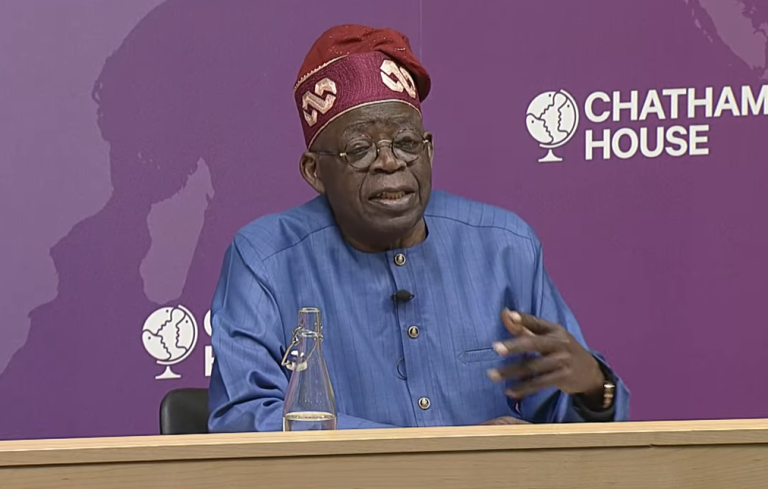The Director General of the National Information Technology Development Agency (NITDA), Kashifu Abdullahi Inuwa, has postulated that Nigeria can generate up to $40bn annually from the tech sector.
The NITDA boss, made this statement while speaking as a panelist at the 16th ǼLEX Annual Lecture which was held virtually, and was themed “Digital Economy: Africa’s Catalyst for Regional Growth and Transformation.
Read Also: NITDA Boss Says e-Commerce Spending To Hit $75b By 2025

Nigeria currently has a competitive advantage to become the global talent factory in the sector with the capacity to earn over $40bn annually.
Inuwa observed that Nigeria currently has a competitive advantage to become the global talent factory in the sector with the capacity to earn over $40bn annually.
He revealed that there is currently a vacancy of about four million programmers globally of which Nigeria could produce two million which could be plugged into the global value chain.
Referencing a PwC report, which noted that an average tech developer or programmer earns between $30,000 to $150,000 per annum.
Inuwa believes that if Nigeria could have two million developers working remotely, with each earning about $20,000, the country could as well generate over $40 billion annually, which was a significant amount capable of addressing the country’s forex challenge.
“The digital economy is about innovation, about people, about talent. So, talent is the people component of technology which I think is where Nigeria will have the competitive advantage over any nation in the world,” Inuwa said.
“Globally, we are not there yet but with what the government is doing like the Startup Bill and other initiatives we have put in place, I think Nigeria is going to be there and we should be seeing ourselves as top players in the digital economy,” he said.
Citing a recent study by Korn Ferry which projected an 85 million talent deficit globally, the NITDA boss said all developed countries would suffer from this shortage with countries such as Brazil and Japan having about 18 million each. He noted that the global deficit was likely to reach $8.5 trillion of which Nigeria could benefit by capitalising on its huge availability of human talent and young population.
In his assessment of the top five biggest tech firms in the world, including Apple, Microsoft, Amazon, Alphabet, and Meta, Abdullahi observed that their total valuation was over $9 trillion.
“If they were a nation, they would be the third-largest economy in the world because no country has $9tn, except the US and China,” he said.
As such, Abdullahi said Nigeria needed to identify where its strength was.
“Like in Nigeria, our strength is in talent. We cannot compete with them when it comes to manufacturing, but we can compete in talent. Can we make Nigeria the global talent factory? I think we can. So if we can work on this, Nigeria can become the global talent factory, supplying all these big techs with the talent they need, and also compete favorably when it comes to the digital economy,” he said.
Read Also: Active Telecoms Subscribers In Nigeria Rises To 214 Million

Speaking on how NITDA is working towards building talents in the technology sector, Abdullahi said the agency had commenced its one million developers initiative aimed at empowering one million Nigerians to plug into the global value chain. He further noted that the program was focused on building talents in emerging technologies such as artificial intelligence, blockchain, robotics, and data analytics, which he described as key to the digital economy.
“All these are disruptive technologies. They are going to change the way we live, work and do business. And they are foundational technologies, they cut across so many sectors,” he said.
Abdullahi noted that NITDA was working on the National Digital Economy Bill, aimed at providing the legal framework for the digital economy to thrive. He also called for constant review of legal frameworks and implementation of policies that support digital transformation and the establishment of institutions producing human capital through digital literacy and capacity building.
“We need to have institutions that will produce the human capital because the digital economy is about innovation, it’s about people. So you need to add people with talent ideas that will be part of the ecosystem to help build the economy,” he said.
Abdullahi also encouraged entrepreneurs, startups, and venture capitalists in the tech ecosystem to create partnerships focused on building creative ideas and investing in them.
He further encouraged the government to provide enabling environments for all for the ecosystem to thrive, noting that the government had two major responsibilities, including intervening in the area of the legal framework, policies and regulations, and provision of infrastructure to unserved and underserved communities.

